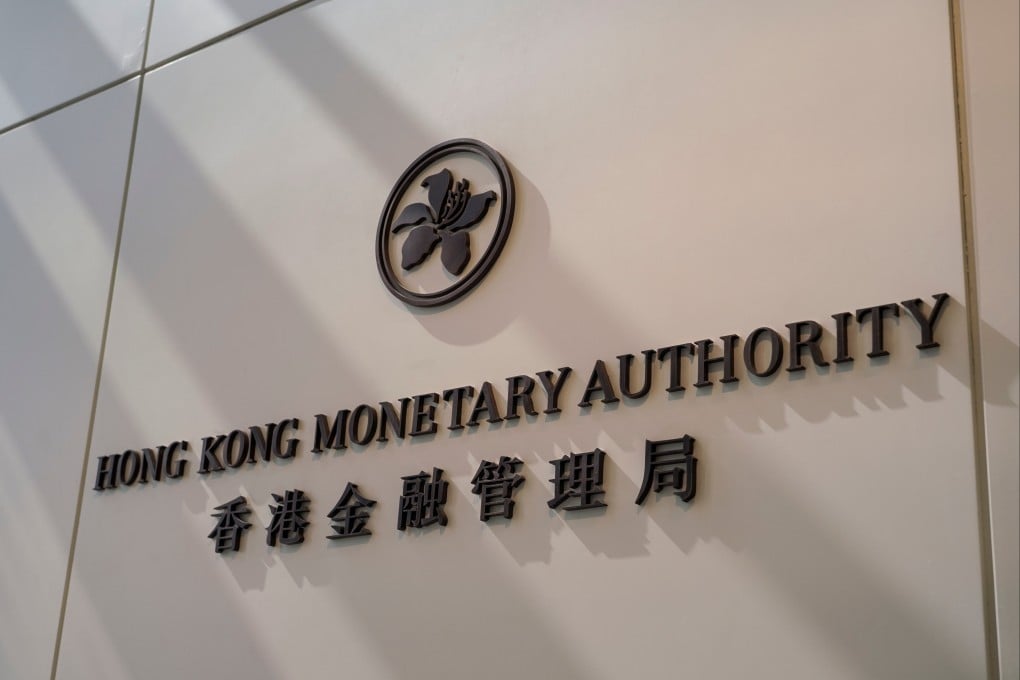Editorial | HKMA steals march with new wholesale central bank digital currency
- De facto central bank aims for first-mover advantage through blockchain technology, providing welcome lift to Hong Kong’s image as global financial centre

Build it and they will come. That seems to be the idea behind wCBDC, one of the world’s first wholesale digital currency platforms to be introduced in the city.
Unveiled by the Hong Kong Monetary Authority, the city’s de facto central bank, the wholesale central bank digital currency pilot aims to enable companies and banks to reduce transaction costs and service fees, and speed up trade settlement from several days to just one, which many local merchants and traders, especially those lagging in fintech, will welcome.
The city is rightly aiming for a first-mover advantage. A unified “ledger” using blockchain technology will harmonise the Hong Kong dollar and integrate other assets into a shared digital infrastructure for instant payment, clearance and settlement.
Participants may also propose apps with new functions such as smart contracts and real-time shipping cargo data to improve efficiency and mitigate risk of fraud. It is encouraging that the city is taking the initiative to fulfil the central government mandate to bolster its leading status in finance and trade.

The city’s wCBDC should not be confused with CBDCs being rolled out in mainland China, and in India, South Korea and other Asian countries, which are mainly for retail. Nor is it another version of “mBridge”, a CBDC project involving Hong Kong, mainland China, Thailand and the United Arab Emirates that allows for peer-to-peer cross-border payments and forex transactions.
